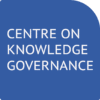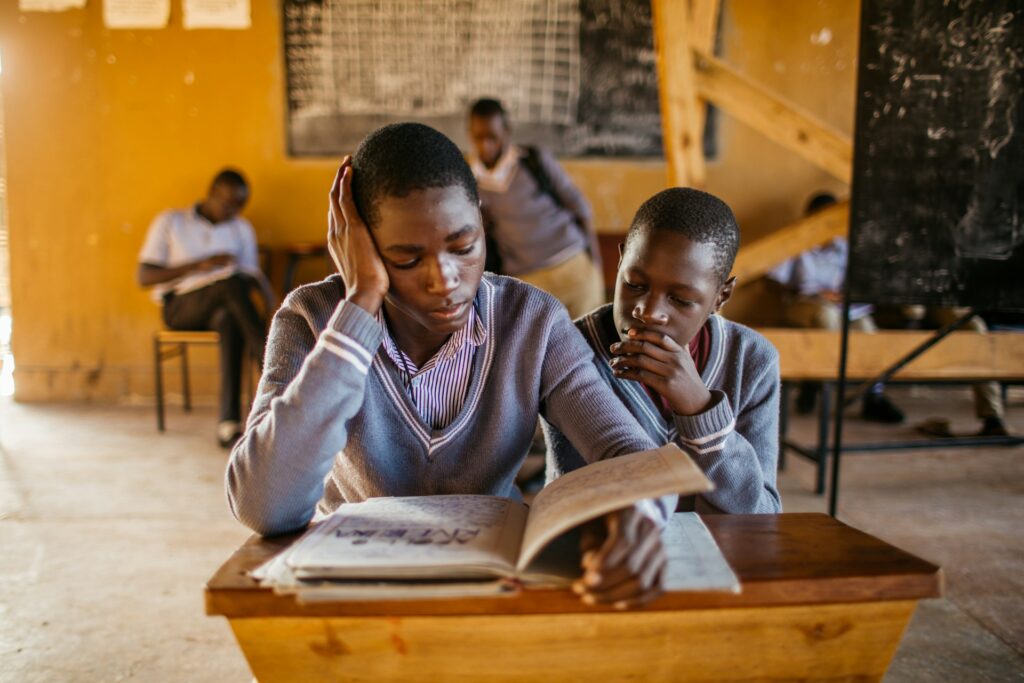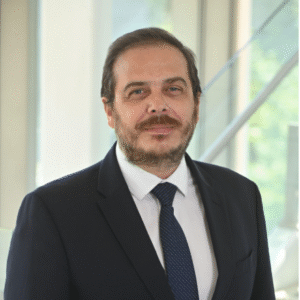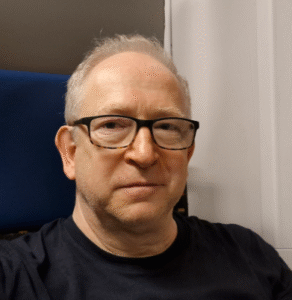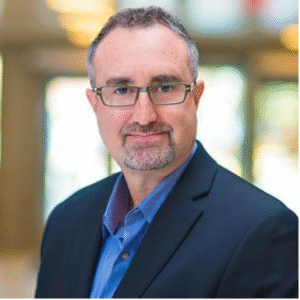Copyright Limitations and Exceptions in the SCCR: A Timeline
The timeline presented below details the progression of discussions within the WIPO Standing Committee on Copyright and Related Rights (SCCR) regarding Limitations and Exceptions (L&Es) to copyright. This detailed chronology, spanning from 1996 to 2025, highlights the main proposals, studies, and key milestones concerning L&Es for various sectors, including visually impaired persons, libraries, archives, and educational institutions. It documents the formal inclusion of L&Es on the SCCR agenda, the development of numerous draft treaties and working documents, and the ongoing efforts to reach consensus and implement work programs. This document was prepared based on the documents available on WIPO’s SCCR Meetings webpage as compiled in Schirru, Luca; Vyas, Lokesh; Jawara, Haddija; Ruthes Gonçalves, Lukas; and Flynn, Sean, “Documentary History of the Limitations and Exceptions in the SCCR” (2025). Joint PIJIP/TLS Research Paper Series. 148. See PDF version below. Date Main Developments Short Description 1996 WIPO Internet Treaties Agreed Statement to Article 10 of the WCT affirmed that Contracting Parties may “carry forward and appropriately extend into the digital environment limitations and exceptions” and “devise new exceptions and limitations that are appropriate in the digital network environment.” SCCR/1: 1998 Establishment of the SCCR by the General Assembly (GA) decision. GA decision creating SCCR included a decision that the committee consider, amongst others, the topics of “Copyright, Related Rights, and Digital Technology” “to consider in particular the impact of digital technology and global information networks on copyright and related rights…”, the protection of audiovisual performances, the protection of databases and the protection of broadcasting organizations (SCCR 1/2). SCCR/8: 2002 L&Es as a matter for future review by the SCCR The item “implementation of the WCT and WPPT, particularly regarding provisions on technological measures of protection and limitations and exceptions” in the document “Short description of possible subjects for future review by the Standing Committee”, provides that “Concerns have been expressed about the possibility that an uncontrolled use of technological measures together with anti-circumvention legislation and contractual practices will allow rights owners to extend their rights far beyond the bounds of the copyright regime, to the detriment of public interest. At the same time, concern has also been expressed that a narrow definition of exceptions and limitations to the protection of technological measures will unduly restrict reasonable access to and use of protected works” (SCCR/8/2, p.6). SCCR/9: 2003 First SCCR study on limitations and exceptions First SCCR study of the topic of L&Es in the WIPO treaties: “WIPO Study on Limitations and Exceptions of Copyright and Related Rights in the Digital Environment”, prepared by Mr. Sam Ricketson (SCCR/9/7). L&Es are also addressed in the “survey on implementation provisions of the WCT and WPPT”, prepared by the Secretariat (SCCR/9/6, “The following is a brief summary of the legislative provisions contained in the survey. The summary covers the following issues: […] exceptions and limitations”, p.2) SCCR/12: 2004 Proposal to include L&Es and part of the SCCR agenda Chile’s proposal (SCCR 12/3) to “the inclusion for the Twelfth Session of the Standing Committee on Copyright and Related Rights of the subject of exceptions and limitations to copyright and related rights for the purposes of education, libraries and disabled persons, in the current agenda item referring to “other issues for review”, which would become agenda item 4”. SCCR/13: 2005 Proposal on the Analysis of L&Es “Proposal by Chile on the Analysis of L&Es”, suggesting “three areas of work to be undertaken […] 1. Identification […] of national models and practices concerning exceptions and limitations. 2. Analysis of the exceptions and limitations needed to promote creation and innovation and the dissemination of developments stemming therefrom. 3. Establishment of agreement on exceptions and limitations for purposes of public interest that must be envisaged as a minimum in all national legislations for the benefit of the community; especially to give access to the most vulnerable or socially prioritized sectors” (SCCR/13/5, p.1). SCCR/14: 2006 Study on Automated Rights Management Systems and L&Es A study by Mr. Nic Garnett on “Automated Rights Management Systems and Copyright Limitations and Exceptions” (SCCR/14/5). 2007 WIPO Development Agenda Recommendations WIPO Development Agenda Recommendations, which included recommendations 14 and 17 on IP flexibilities; Rec. 19 access to knowledge and technology to foster creativity and innovation; Rec. 22 L&Es in norm-setting. SCCR/15 SSCR/S2: 2007 Study on L&Es. Proposal by Mexico on L&Es for Broadcasting A study prepared by Judith Sullivan: “Study on Copyright Limitations and Exceptions for the Visually Impaired” (SCCR/15/7). “Proposal by Mexico relating to article 10 ‘Limitations and Exceptions’”, prepared by the Secretariat (adding a paragraph (3) to article 10 on L&ES, SCCR/S2/4) SCCR/16: 2008 L&Es are formally included on the SCCR’s agenda Proposal by Brazil, Chile, Nicaragua, and Uruguay (SCCR 16/2, p.2) proposing that “that the Committee implement a plan taking into consideration those three levels of activities outlined in Chile’s 2005 submission, with the objective of achieving a consensus on minimum mandatory exceptions and limitations particularly with regard to educational activities, people with disabilities, libraries and archives, as well as exceptions that foster technological innovation.” SCCR/18: 2009 Presentation of proposal concerning a Treaty Proposed by WBU “Supplementary information on the WIPO studies on Limitations and Exceptions”, prepared by the Secretariat (SCCR/18/2, at SCCR/17, “it was agreed that ‘in order to update and complement the studies, governments are invited to submit to the Secretariat any supplementary information regarding their national law before February 1, 2009’”, p.1). “Draft questionnaire on Limitations and Exceptions” (SCCR/18/3, “the WIPO Secretariat was requested to prepare a draft questionnaire regarding exceptions and limitations, with particular emphasis on the issues regarding education, libraries and disabled persons”, p.2). “Stakeholders’ Platform: Interim Report, prepared by the Secretariat” (SCCR/18/4, “WIPO Secretariat invited various major stakeholders representing copyright rightholders and VIP interests to take part in two meetings with the aim of exploring their concrete needs, concerns, and suggested approaches in order to achieve the goal of facilitating access to works in alternative formats for people with disabilities”, p.2). “Proposal by Brazil, Ecuador and Paraguay, relating to Limitations and Exceptions: Treaty proposed by the World Blind Union (WBU)”, prepared by the Secretariat (SCCR/18/5, presented “as
